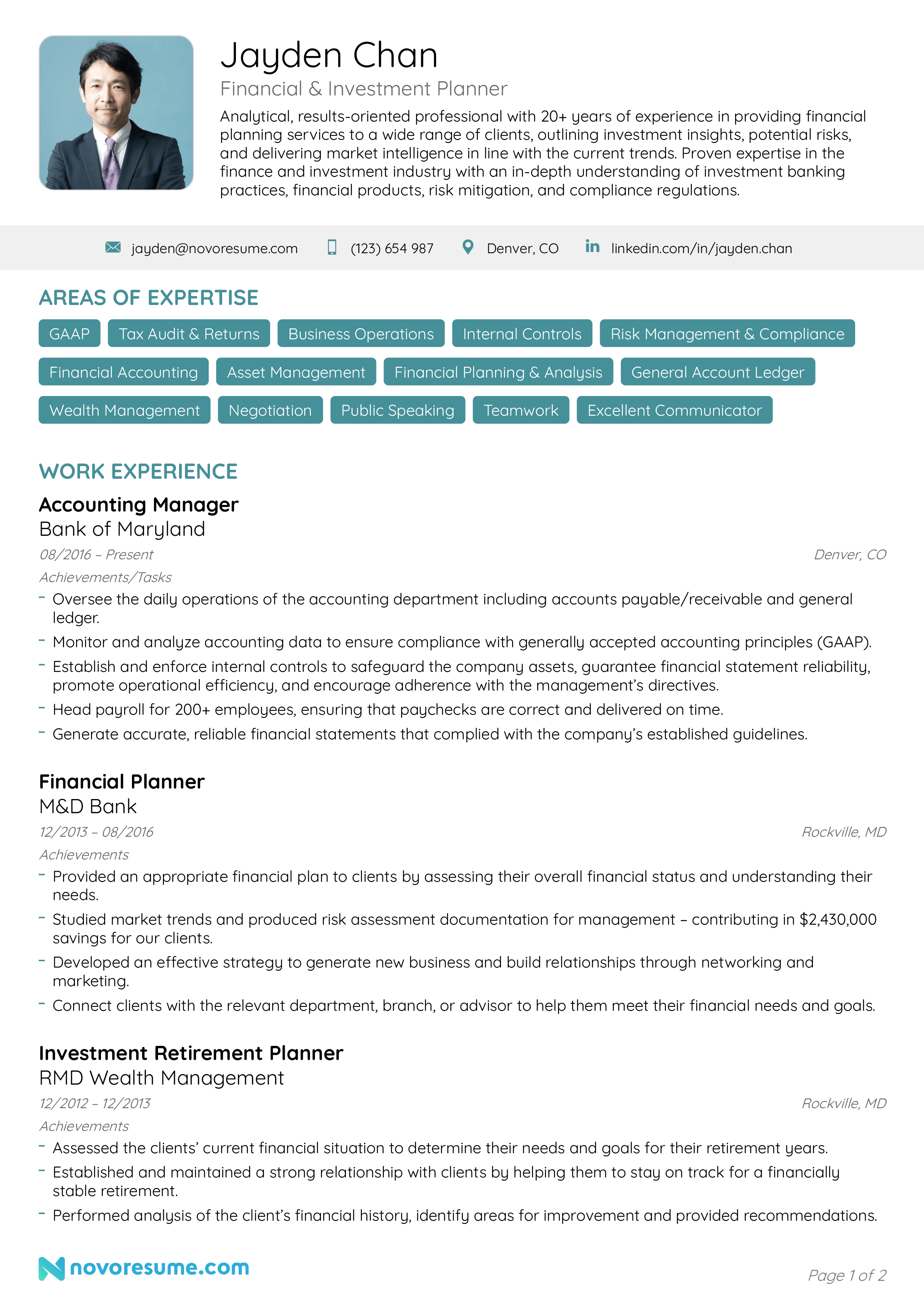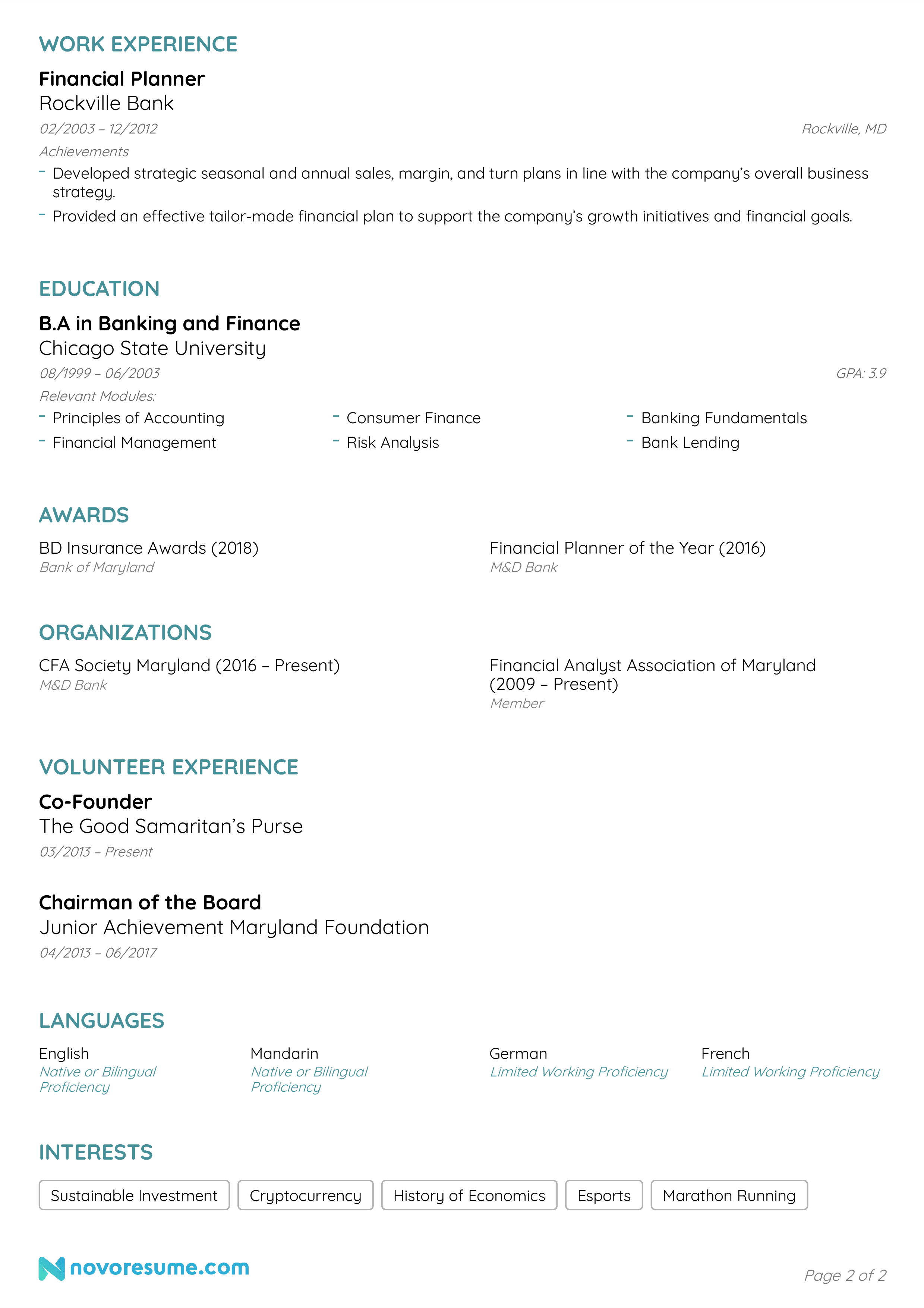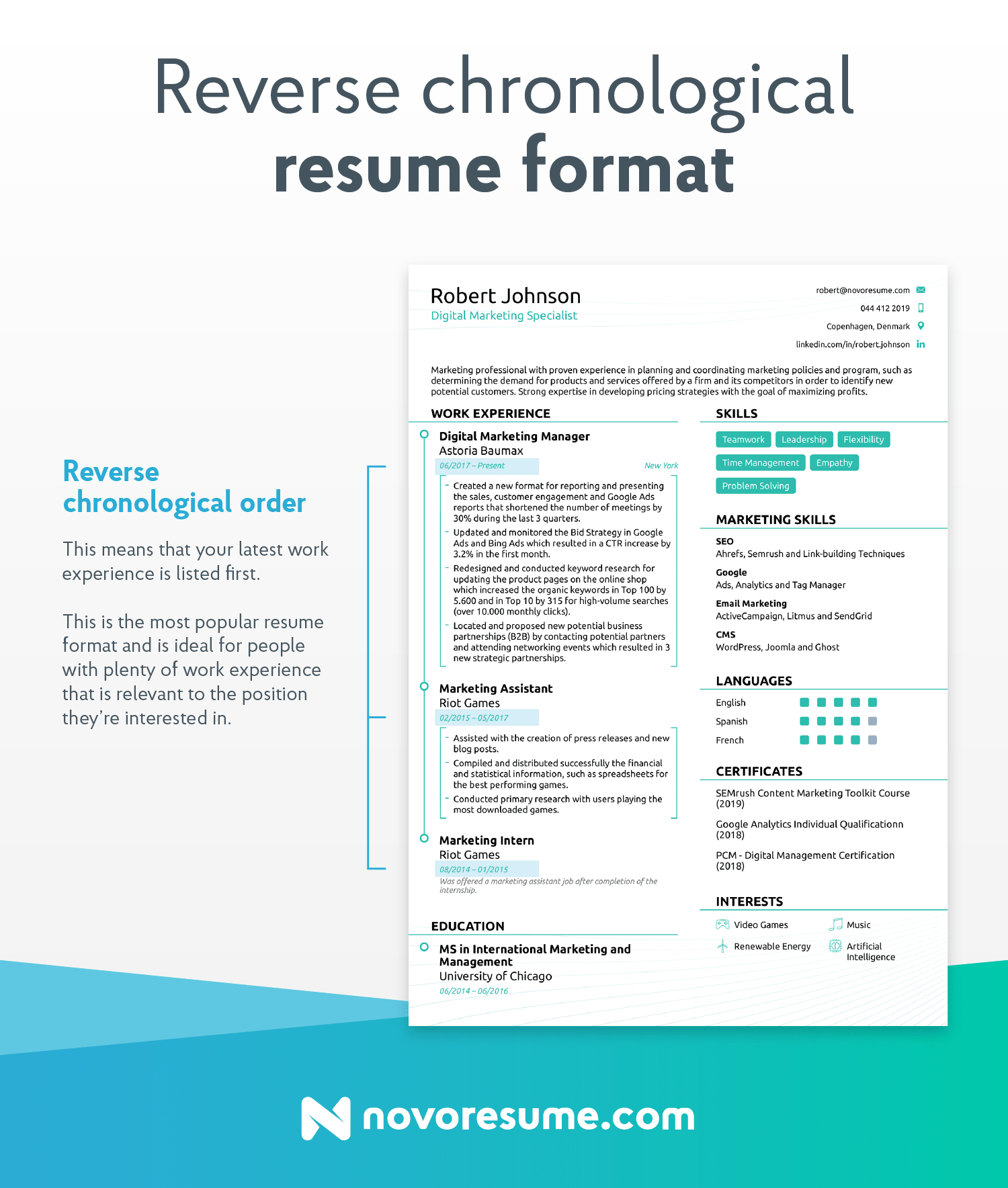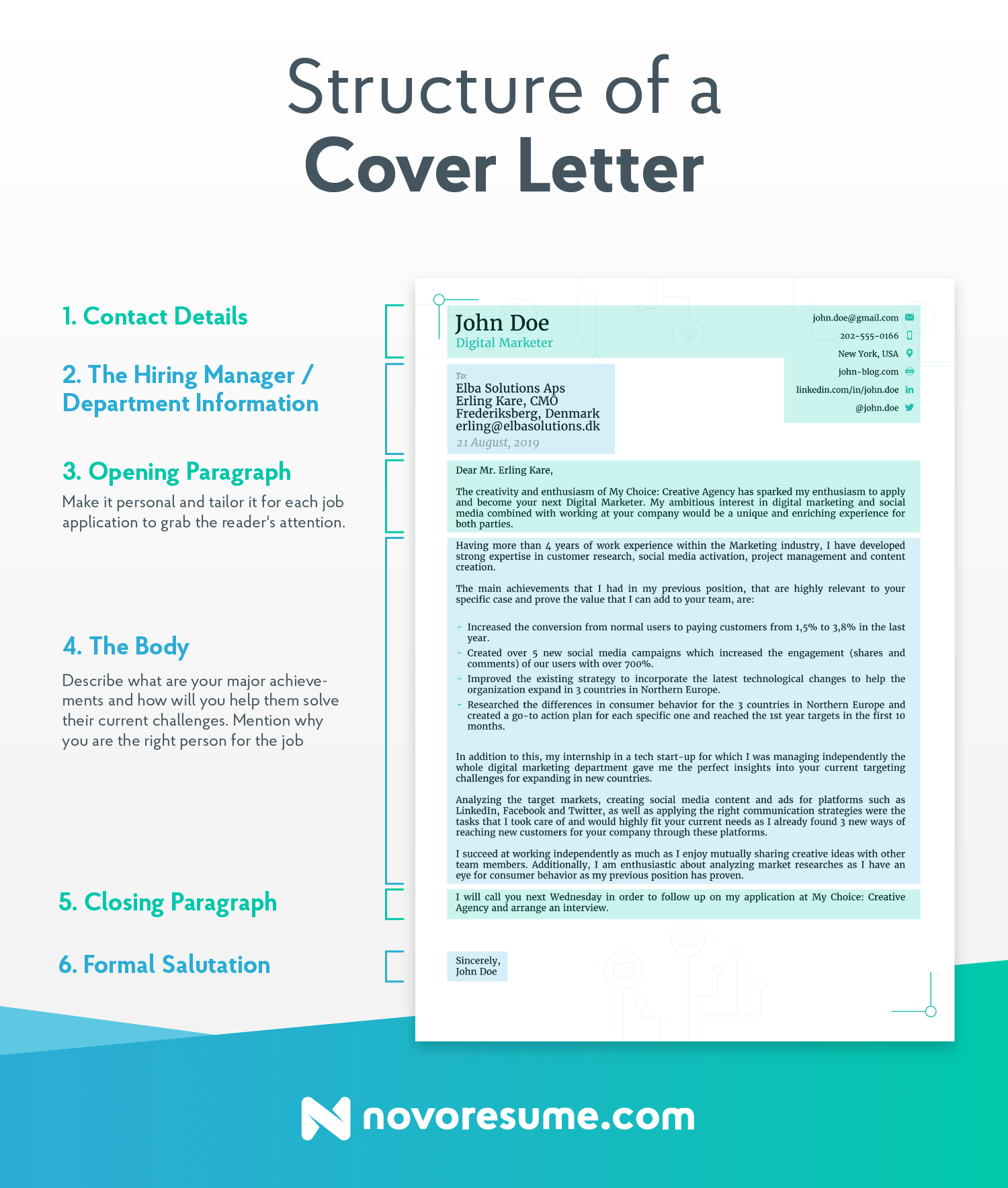As someone who works in banking, you’re a trusted professional who knows their way around the finance world.
You give financial advice and guidance to your clients.
But when it comes to creating a job-winning resume, you’re the one who needs advice.
What does a good banking resume look like, anyway?
With so many people competing for the top banking jobs, you can’t afford to leave any questions unanswered.
But don’t worry! Our field-tested resume examples and tips will get your feet through the door of employment.
- A job-winning banking resume example
- How to create a banking resume that hiring managers love
- Specific tips and tricks for the banking industry
Here’s a banking resume example, built with our own resume builder:


Follow the steps below to create a banking resume of your own.
Are you looking for a resume example for a different job position? Head on over to one of our related resume examples instead:
- Bank Teller Resume
- Accountant Resume
- Bookkeeper Resume
- Business Analyst Resume
- Financial Analyst Resume
- MBA Resume
- Executive Assistant Resume
- Consultant Resume
- Administrative Assistant Resume
- Office Assistant Resume
- Career Change Resume
How to Format a Banking Resume
Banking is one of the fiercest industries you can enter.
As such, you really need to put your money where your mouth is.
This involves creating a resume that stands out from the competition.
But before you can get writing, you need to choose the correct format.
You see, even the richest of experience won’t impress a hiring manager that is struggling to read the content.
Have relevant banking experience? Then you’ll want to use the most popular format, known as the “reverse-chronological” format. It starts with your most recent work experience and then works backward through your banking history and skills.

You may also want to try these two popular formats:
- Functional Resume - This format focuses on your banking skills, which makes it the best format for those who have the relevant skills, but don’t a wealth of experience as a banker.
- Combination Resume - This format mixes both “Functional” and “Reverse-Chronological” formats, making it perfect for those with both the relevant skills AND banking work experience.
- For a professional and precise resume, keep your banking resume to one-page. Feel free to check out our one-page resume templates.
Once the format is sorted, you need to choose the correct resume layout.
We recommend the following layout:
- Margins – Use one-inch margins on all sides
- Font - Pick a professional font that stands out
- Font Size - 11-12pt for normal text and 14-16pt for headers
- Resume Length – Stick to 1-page. Having trouble fitting everything into one page? Check out these one-page resume templates.
- As professional banker, the recruiter expects to see a highly-professional resume. As such, limit how creative you are with the font and layout.
Use a Banking Resume Template
Word is great for a lot of things.
Well, except for building resumes.
You see, you need a banking resume with a professional structure.
Those who have used word to create their own resume will know that one tiny change can ruin the whole structure.
For a professional banking resume, you can use a resume template.
What to Include in a Banking Resume
The main sections in a banking resume are:
- Contact Information
- Work Experience
- Education
- Skills
For a banking resume that rises above the other applications, add these optional sections:
- Awards & Certification
- Languages
- Interests & Hobbies
So that’s a general overview, now it’s time to get specific about each of the sections.
For even more information, check out our guide on What to Put on a Resume.
How to Write Your Contact Information Section
As a banker, you know that accuracy is vital.
And it’s no different than with your contact information section.
In fact, just one digit out of place can render your whole application useless.
For your resume contact information section, include:
- Full Name
- Title – Make this specific to the exact job you’re applying for
- Phone Number - Check this multiple times. You see, one minor error can really mess up your chances
- Email Address - Use a professional email address (firstname.lastname@gmail.com), NOT that email you created back in school emilylovespizza@gmail.com)
- (Optional) Location - Applying for a job abroad? Mention your location
- Hannah Atkinson - Banker. 101-358-6095. hatkinson@gmail.com
- Hannah Atkinson - Banking Angel. 101-358-6095. hannah123456@gmail.com
How to Write a Banking Resume Summary or Objective
Creating a professional resume that stands out is the #1 goal.
But HOW is this done?
By using an opening paragraph that brings home the bacon!
These opening paragraphs come in two types: resume summary or objective.
Although slightly different, both are introductory paragraphs that sum up the main points of your resume.
The difference between a summary and objective is that:
A resume summary summarizes your most notable banking experiences and achievements. It’s designed for individuals who have multiple years of finance industry experience.
- Experienced banking professional with five years of experience at YZX BANK, where I used analytical and interpersonal skills to maintain a 99.60% customer satisfaction rating. Seeking a chance to leverage my banking skills to maximize the operations and quality of service at BANK XYZ.
A resume objective gives a quick breakdown of your professional goals and aspirations, which makes it perfect for junior bankers. Now, even though you’re talking about your own goals, it’s important to align your message to what the employer wants.
- Enthusiastic finance student looking for a banking role at BANK XYZ. Two years of experience at a local accounting firm. Excellent organization, communication, and analytical skills. Keen to support your banking team, where my interpersonal skills can be leveraged to achieve the best quality of service.
So, which one is best for bankers?
Well, a summary is suited for bankers who have been crunching the numbers for a few years, whereas an objective is suited for individuals who are new to the banking world (student, graduate, or switching careers).
- The hiring manager wants to see the benefits you will bring to the bank, not what it will do for your career. Also, banks want employees who have strong quantitative and communication skills, so use powerful action verbs and be as specific as possible.
How to Make Your Banking Work Experience Stand Out
What’s the best way to impress a recruiter?
Work experience!
Sure, the recruiter wants to hear about your education and skill-set, but nothing proves your talents like a wealth of banking experience.
Use this layout in your experience section:
- Position name
- Company Name
- Dates
- Responsibilities & Achievements
Banker
XYZ Bank
02/2017 - 01/2020
- Voted “Banker of the Year” in 2018 and 2019
- Followed best practises to process over 1000 loan applications
- Studied market trends and produced risk assessment documentation for management – contributing in $430,000 savings for our clients
- Trained and empowered a team of eight new bank tellers
For a resume that shows your best qualities, make sure to mention your achievements, rather than your daily responsibilities.
Instead of saying:
“Risk assessment”
Go for:
“Studied market trends and produced risk assessment documentation for management – contributing to $430,000 in savings for our clients”
So, how exactly do the two differ?
Well, the second statement goes into much greater detail. It’s a clear example of how your abilities will have a direct impact on the success of the bank.
What if You Don’t Have Work Experience?
Maybe you’ve got a finance degree but have yet to work in a bank?
Or maybe you’re transitioning from a junior position at a competing bank?
Whatever your personal situation, you have options.
You see, despite a lack of bank experience, you are still able to include relevant skills and experiences from other previous jobs.
For example, if you’ve worked as a junior accountant, you can talk about the crossover experiences. Just like a banker, you would have to pay great attention to detail, work with customers, and enjoy working with numbers.
For the students reading this, you’ll enjoy our guide on how to make a student resume!
Use Action Words to Make Your Banking Resume POP!
- “Responsible for”
- “Worked with”
- “Created”
You’ll find these exact words on nearly all banking resumes.
And since you need your banking resume stand out, we’d recommend using some power words instead:
- Designed
- Introduced
- Spearheaded
- Initiated
- Formulated
- Launched
- Originated
- Devised
- Launched
- Determined
- Drafted
- Conceptualized
How to List Your Education Correctly
Up next in your banker resume comes the education section.
Now, there’s more than one educational path to becoming a bank employee.
The bank manager just wants to know your education to date.
Follow this format:
- Degree Type & Major/Courses
- University/School Name
- Years Studied
- GPA, Honours, Courses, and other relevant achievements
B.A in Banking and Finance
Chicago State University
2014-2018
- Relevant Modules: Principles of Accounting, Consumer Finance and Banking Fundamentals, Financial Management, Risk Analysis, Finance and Economics, Bank Lending and the Legal Environment, Quantitative Methods for Banking, and more]
- GPA: 3.8
Still have questions? If so, here are the most frequently asked questions:
What if I’m still studying?
- No matter if you’re still studying or not, you should still mention every year that you have studied to date
Is my high school education important?
- Only list your high school education if that is your highest form of education
What is more important for a banker, education or experience?
- If you’re an experienced banker, your work experience should be listed before your education
If you still have questions, you can check out our guide on how to list education on a resume.
Top 16 Skills for a Banking Resume
Being a successful banker requires a certain set of skills.
And the bank manager needs to know you have what it takes!
Now, you could be the most skilled banker in the world, but they still need to be clearly displayed on your resume – not locked away in a bank vault!
Here are the main skills a hiring manager wants to see from a banker:
Hard Skills for a Banker:
- Balancing Ledgers
- Risk Assessment
- Mortgages and Loans
- Deposits and Withdrawals
- Account Maintenance
- Foreign Currency Exchange
- Investment Management
- Safety Deposit Boxes
- Cash Handling
Soft Skills for a Banker:
- Excellent Communicator
- Teamwork
- Problem Solving
- Confident & Professional Manner
- Organization
- Negotiation
- Time Management
- Although bankers need soft skills, we recommend only including the main skills on your resume. It is also wise to only include soft skills that you posses, just in case the interviewer asks.
Looking for a more comprehensive list? Here’s a mega-list of 150+ must-have skills.
Other Resume Sections You Can Include
By now, you should have a resume that’ll get you through the doors of any bank.
But wait…
Your #1 goal is a resume that stands above the competition.
And this is not the time to leave your future to chance!
The following sections will set you apart from the other candidates.
Awards & Certifications
Have you been awarded at your previous place of work?
Did you win any competitions at university?
Have you completed any certifications to enhance your expertise?
Whatever your case may be, the manager will want to see any relevant awards and certifications.
Awards & Certificates
- Certified Financial Planner (CFP)
- Certified Financial Analyst (CFA)
- “Learning How to Learn” - Coursera Certificate
- “Banker of the Year” 2019 - XYZ Bank
Languages
Able to speak other languages?
Whether or not the job description specifically requires it, the ability to speak another language is an impressive skill.
So if you’re able to speak another language, even to a basic standard, feel free to include it inside your resume, but only if there is space.
Order the languages by proficiency:
- Native
- Fluent
- Proficient
- Intermediate
- Basic
Interests & Hobbies
Now, you may be wondering, “why does the bank manager need to know about my love of golf?”
Well, the manager doesn’t need to know, but it does show them more about who you really are.
And this is great, as banks want an employee who they’ll get along with.
As such, listing your hobbies and interests can be a good idea, especially if it involves social interaction.
If you want some ideas of hobbies & interests to put on your banking resume, we have a guide for that!
Match Your Cover Letter with Your Resume
You don’t need us to tell you how competitive the finance job market is.
And when competing with experienced professionals, you need an edge.
But HOW can you get one?
Well, with a convincing cover letter!
You see, a letter is the perfect tool for communicating with more depth and personality.
Oh, and it shows that you want THIS banking position in THIS bank.
Just like when building the resume, your cover letter also needs the correct structure.
Here’s how to do that:

We recommend writing the following for each section:
Contact Details
All personal contact information, including your full name, profession, email, phone number, location, website.
Hiring Manager’s Contact Information
Their full name, position, location, email
Opening Paragraph
Create a powerful introduction that hooks the reader. Make sure to mention:
- The specific position you’re applying for – Banker
- An impactful summary of your most notable experiences achievements
The Body
Once you’ve impressed the hiring manager with your opener, you can delve deeper into the rest of your working history. Some of the points you can mention here are:
- Why you want to work for this specific bank
- What you know about the bank’s culture and vision
- Your most notable experiences and how they relate to this job
- If you’ve worked in similar positions at other banks
Closing Paragraph
This is where you:
- Wrap up the main points of the body paragraph
- Thank the hiring manager for reading
- End with a call to action, such as “It would be great to further discuss how my experience as an X can help the bank with Y”
Formal Salutations
To keep your resume professional, use a formal closing, such as “Sincerely” or “Best regards.”
Now, if you’re not a professional wordsmith, creating a job-winning cover letter is a difficult task. But don’t worry, you can use our how to write a cover letter article for guidance.
Key Takeaways
Congrats!
You’ve now unlocked the bank vault and discovered how to create a job-winning resume.
Let’s quickly review everything we’ve covered:
- Based on your specific circumstances, choose the correct format. We recommend starting with a reverse-chronological format, and then following the best layout practices
- Use a captivating resume summary or objective
- In the work experience section, highlight your most notable achievements, not your daily duties
- Match your banking resume with a convincing cover letter


